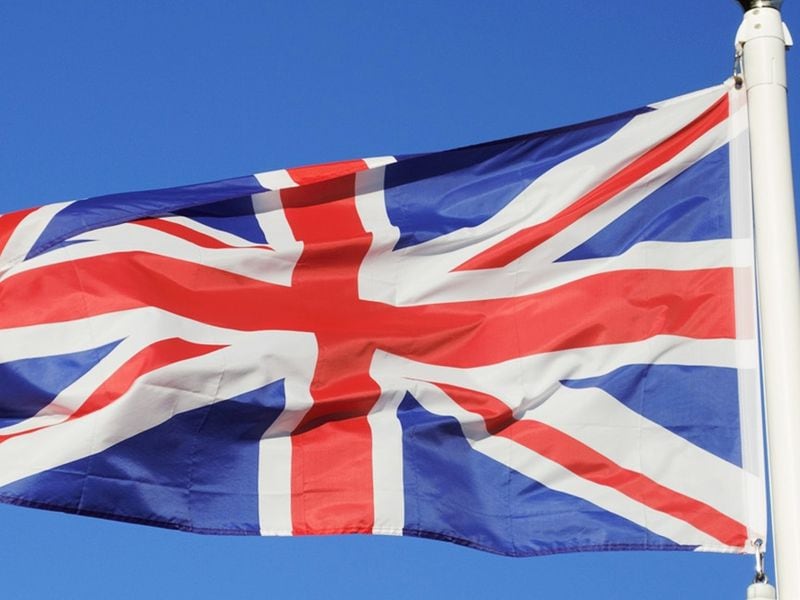EU Vote See Reelection of Some Officials With Key Roles in Bloc’s Crypto Journey
-
The European Union election has seen the reelection of Stefan Berger, Ondrej Kovarik and Irene Tingali, who played key roles in shaping crypto legislation for the 27-nation trading bloc.
-
A “slight shift to the right” is likely to lead to “greater focus … on competitiveness and growth,” said one crypto industry participant.
The European Parliament (EP) election, which has been characterized by a swing to the right, has seen key figures who played a big part in the trading bloc’s crypto journey reelected.
The vote for the 720 members of the parliament (MEPs) started last week, and results have been trickling in from the 27 nations since Sunday. Among those returned are Stefan Berger, the rapporteur for the Markets in Crypto Assets (MiCA) legislation, as well as Ondrej Kovarik and the former chair of the Committee on Economic and Monetary Affairs (ECON), Irene Tingali.
“Berger and Kovarik were rapporteurs (so leading EP work) on digital euro and payment services directive respectively. There’s no guarantee they will return to ECON but if they do, chances are they will retain these roles,” Mark Foster, the EU policy lead at the Crypto Council for Innovation told CoinDesk in a statement.
“They were also both active on MiCA, as rapporteur and shadow rapporteur respectively. Tingali was ECON chair. I think she wants to try to keep that role. It’s influential as the chair is involved in all the negotiations at trilogue,” Foster continued. Trilogues are informal meetings between representatives of the parliament, the European Council and the European Commission on the development of legislation.
The election saw the bloc shift more to the right, although not as far as some people had expected, Foster said. The most extreme moves occurred in Austria and France, where President Emmanuel Macron called a snap election after the National Rally secured almost double the number of seats of his center-right grouping. In Austria, the Freedom Party is set to win 27% of the nation’s seats, more than any other party.
The largest block in the European Parliament remains the center-right grouping of the European People’s Party, which has grown from 176 of the previous parliament’s 705 seats, to a predicted 186 now. The Identity and Democracy group, home to both France’s Rally National and Austria’s Freedom Party, has expanded from 49 to a forecast 58. Most of the groups associated with left-wing views lost influence.
“The slight shift to the right, combined with a strengthened EPP and a weakened Green Party may well see a greater focus over the next five years on competitiveness and growth,” Foster said. “This could lead to a more enabling framework for innovation-friendly policies.”
Crypto has not been a key theme in the EU elections but the future of crypto will be down to the commissioners who can propose legislation. Some members of the crypto community are looking for more blockchain policies, but MEPs can’t propose new legislation, they just shape it and decide on it. New commissioners will be selected after the EU election.
Edited by Sheldon Reback.









